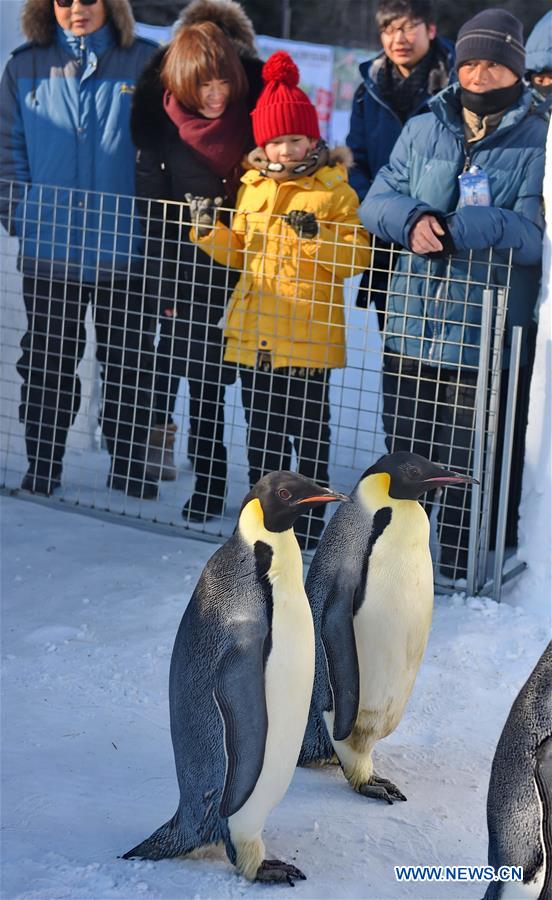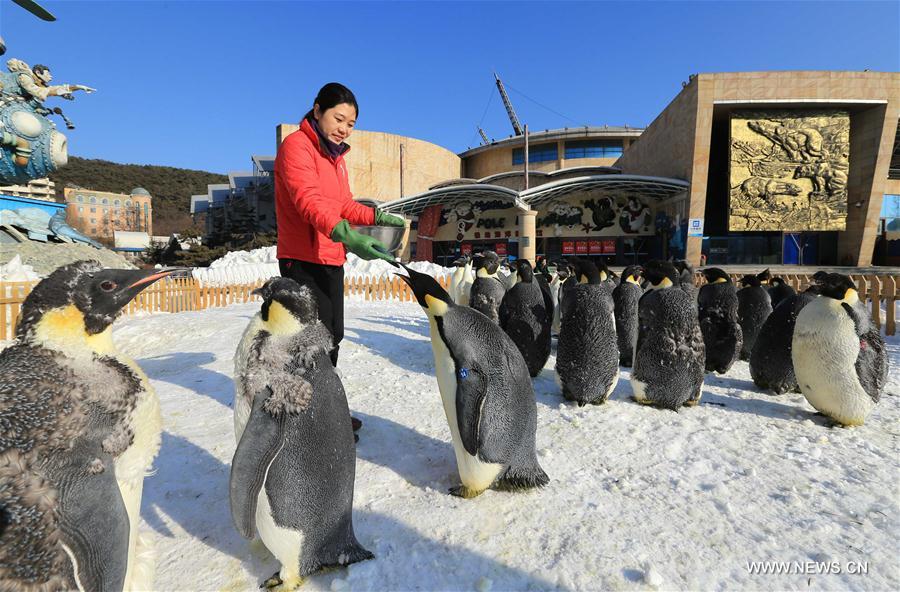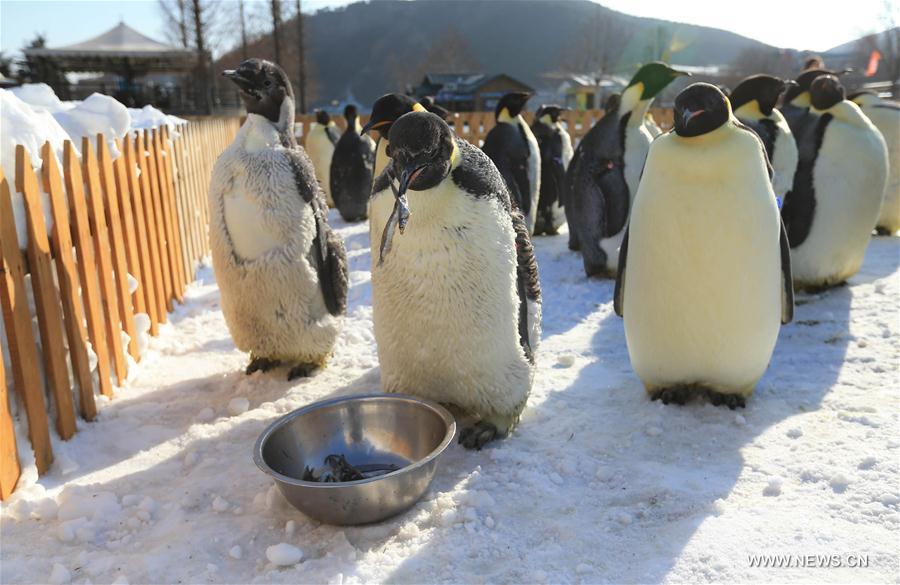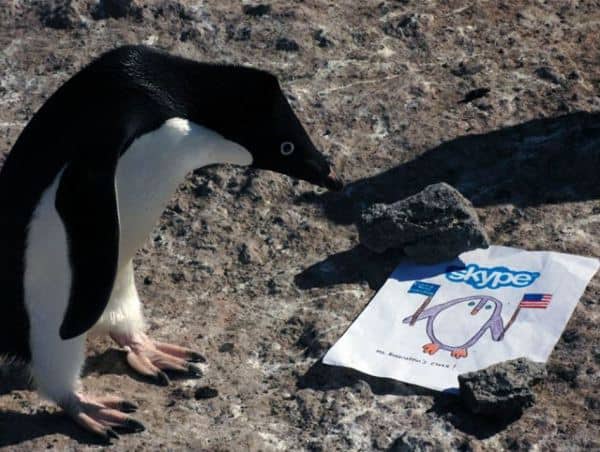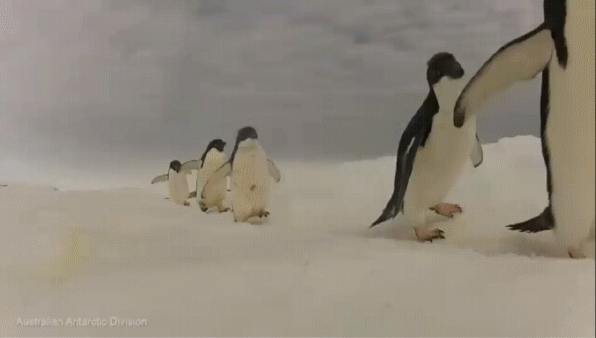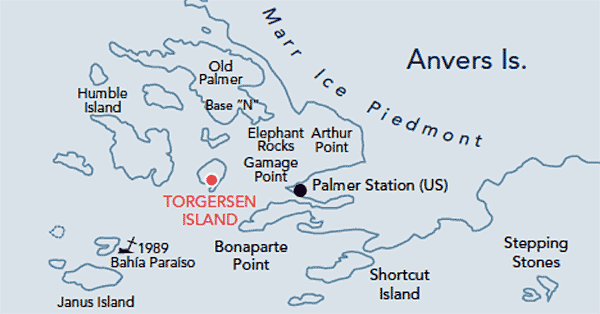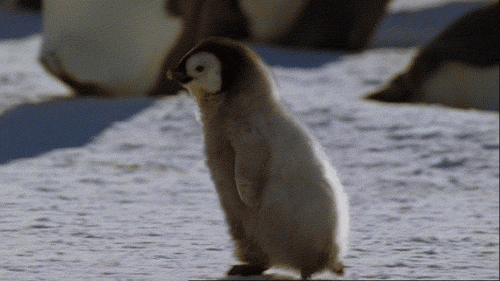
JO RAPLEY/SUPPLIED
"Just about whatever's there is amazing" said Jeremy Tizard
of the subantarctic Auckland Islands. A royal albatross is pictured
flying over his head.
Walking on uninhabited islands at 4am and coming
face-to-face with boisterous sea lions are part of daily life on the
subantarctic Auckland Islands, a Hamilton science teacher has
discovered.
Jeremy Tizard spent two weeks in the Auckland Islands
in November, helping with a Department of Conservation yellow-eyed
penguin monitoring project.
The Auckland Islands are New Zealand's largest group of subantarctic islands, situated about 460km south of Fiordland.
The Hamilton Boys' High School teacher spent mornings watching for and counting the penguins through binoculars.
His
first encounter with some of the local wildlife came when he helped
unload gear for some passengers who were staying on the islands.

IAN TURNBULL/SUPPLIED
A yellow-eyed penguin came within 1m of Hamilton teacher Jeremy Tizard while he was monitoring them on the Auckland Islands.
"I hear someone say, oh, there's a cheeky one, talking about a sea lion," Tizard said.
"Straight
away these things are in your face, they're coming right up to you -
like a young teenager with attitude that wants to have a tussle, sort of
thing.
"You're not supposed to look at them because that's like a challenge. But it's quite a big animal coming pretty close."

JEREMY TIZARD/SUPPLIED
Sea lions in the Auckland Islands were "like a young teenager with attitude wanting a tussle", said teacher Jeremy Tizard.
Tizard said it was an "incredible place" for an adventure.
"For me it filled up the tank again and again and again, and just with inspiration and education and all the rest," he said.
The
trip started with a thorough quarantine check in Invercargill where
boots were sterilised and "everybody's gear got checked for any seeds in
your socks or anything like that".
The group then took the yacht
Evohe to the islands, a 31-hour trip.
Tizard spent much of his time at the islands watching for yellow-eyed penguins, which he described as cute but cautious.
"They're
just cute. They're hilarious little things... You might watch [the
penguins] for hours just standing on the edge or working their way down a
rock shelf. They might look for half an hour or they might look for a
lot longer," he said.
Yellow-eyed penguins are among the rarest
penguins in the world and can grow up to 65cm, he said, and he got
within a metre of one of the birds on watch.
"You go on a
wonderful adventure, hopping in a zodiac [boat] to head out to start
your morning count on whatever island, or sometimes counting from the
boat. Strong winds and you could see snow sprinkled on the hilltops
around you at times."
Tizard's biggest penguin count in a single session was 11 birds, on Enderby Island.
Counts there tended to be higher because cats, pigs and mice had been eradicated, unlike on Auckland Island, Tizard said.
Some days he might see just three penguins between 5.30am and 9am - after which he would head back to the
Evohe for a hot chocolate.
Seeing four types of albatross up close fascinated Tizard, as he remembered seeing one in a museum as a child.
On
the islands he got close enough to see the feather patterns of a royal
albatross through binoculars and witnessed the courtship of the
light-mantled sooty albatross, which was "like stunt gliding".
Tizard also picked up knowledge from two geologists on the trip, and hopes to share his experiences with students in 2016.
source


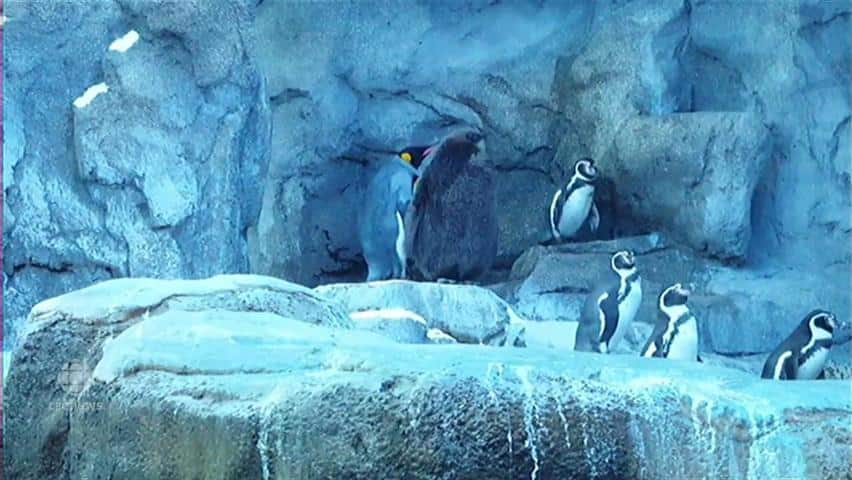









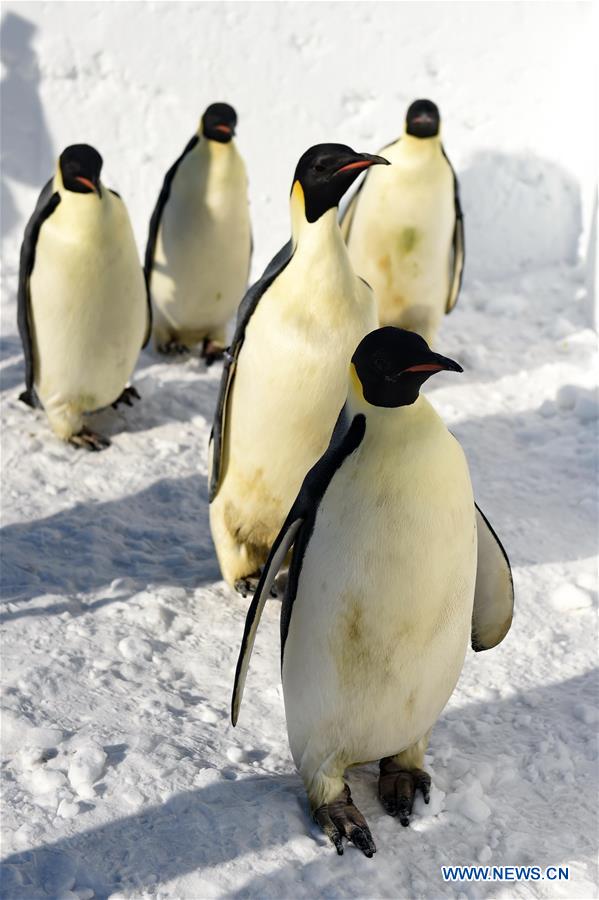
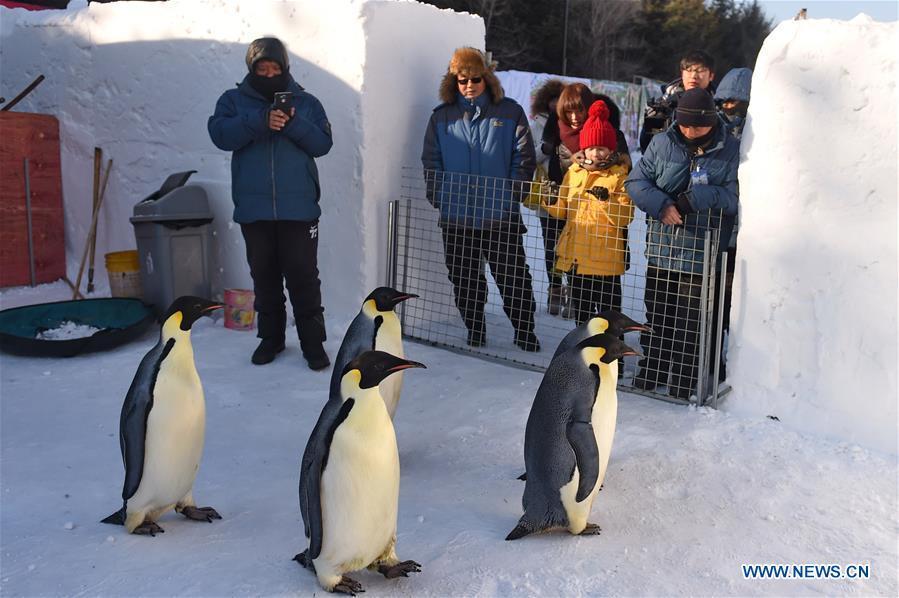 Visitors look at emperor penguins in Jingyue Snow World in Jingyuetan National Forest Park in Changchun, capital of northeast China's Jilin Province, Jan. 26, 2016. Five emperor penguins from Dalian Laohutan Ocean Park in northeast China's Liaoning Province made their debut for visitors in Changchun Tuesday. (Xinhua/Zhang Nan)
Visitors look at emperor penguins in Jingyue Snow World in Jingyuetan National Forest Park in Changchun, capital of northeast China's Jilin Province, Jan. 26, 2016. Five emperor penguins from Dalian Laohutan Ocean Park in northeast China's Liaoning Province made their debut for visitors in Changchun Tuesday. (Xinhua/Zhang Nan)